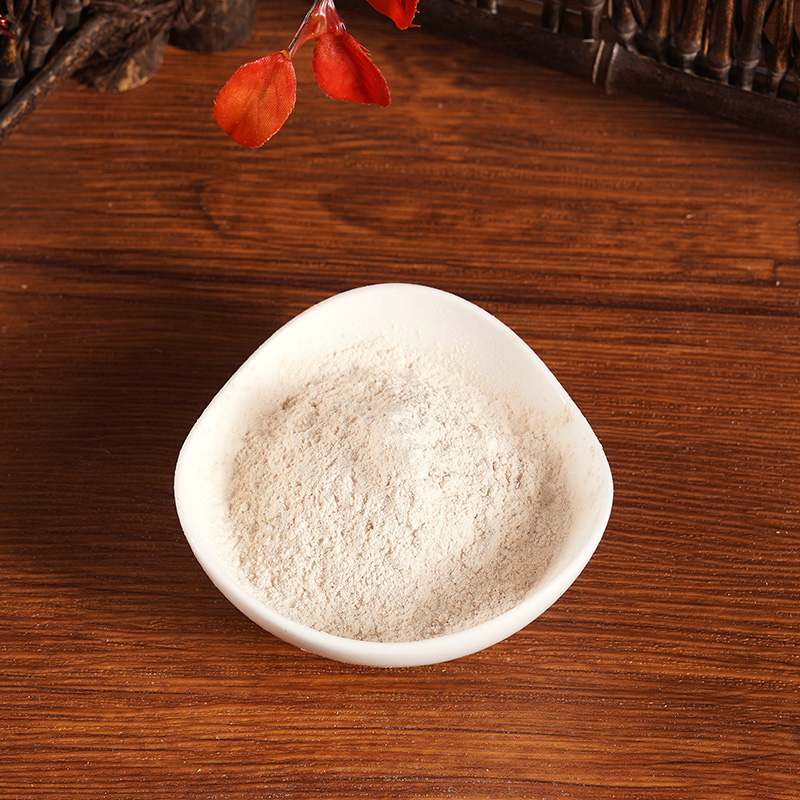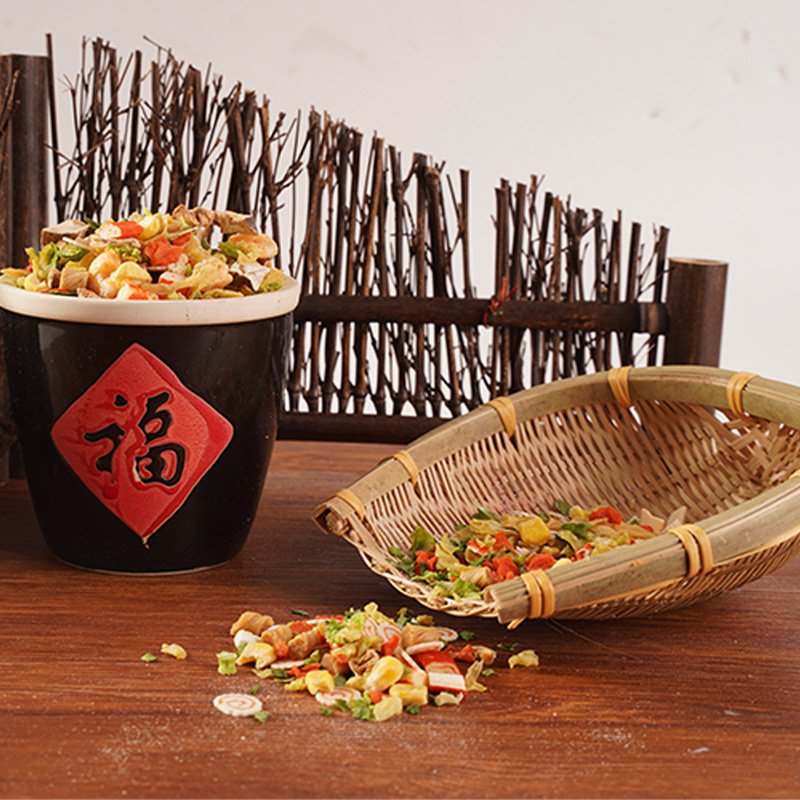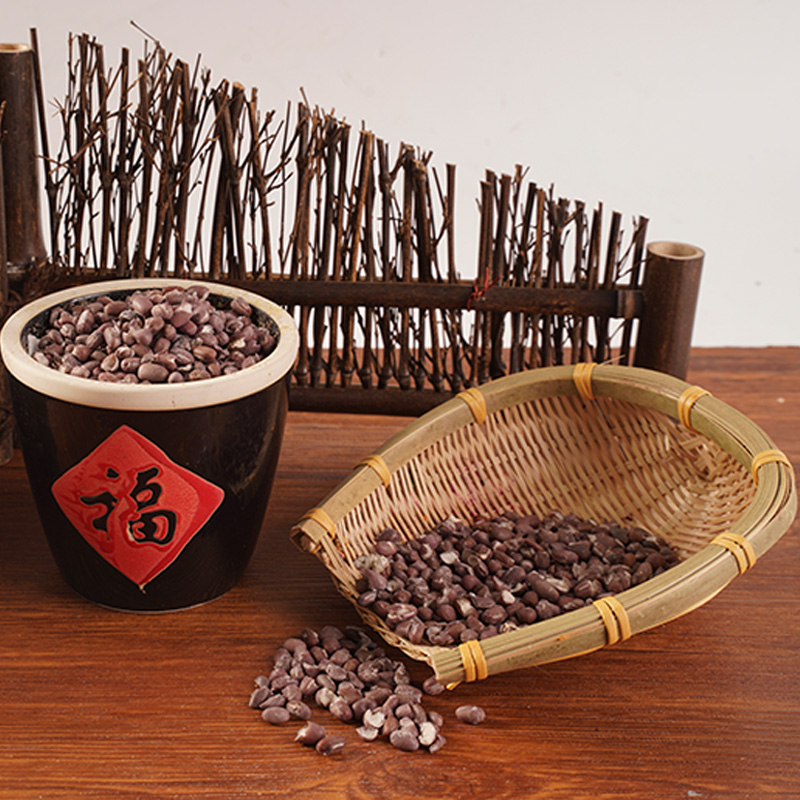Fresh vs. Dehydrated Vegetables: A Nutritional Deep Dive
As health-conscious consumers increasingly seek convenient, shelf-stable food options, the debate over fresh versus dehydrated vegetables has gained momentum. Are these preserved alternatives nutritionally inferior, or do they hold their own against their fresh counterparts?
The Dehydration Process: What Happens to Nutrients?
Dehydrated vegetables are produced by removing up to 90-95% of their water content through methods like air-drying, freeze-drying, or sun-drying. This process extends shelf life and concentrates flavors but inevitably impacts certain nutrients.
Water-Soluble Vitamins Take a Hit
Vitamin C and some B vitamins—both water-soluble and heat-sensitive—are significantly reduced during dehydration. A 2021 study in the Journal of Food Composition and Analysis found freeze-dried spinach retained just 60% of its original vitamin C after processing, while air-dried varieties retained less than 30%.
Minerals and Fiber Remain Intact
The good news? Minerals like potassium, magnesium, and iron remain largely unaffected by dehydration. Dietary fiber—critical for gut health—also stays preserved. USDA data shows dehydrated carrots maintain 98% of their original fiber content, making them comparable to fresh carrots in this regard.
Caloric and Sugar Concentration
Removing water increases calorie density by weight. For example, 100g of fresh apricots contains 48 calories, while the dehydrated version packs 241 calories. Natural sugars become concentrated too, which may concern those monitoring glycemic intake.
Practical Advantages of Dehydrated Vegetables
Dehydrated vegetables shine in scenarios where fresh produce isn’t feasible:
Long-term storage (6 months to 1 year vs. days/weeks for fresh)
Space efficiency (ideal for camping, emergency kits, or compact kitchens)
Reduced food waste (no spoilage concerns)
Registered dietitian Dr. Emily Carter notes: "While fresh vegetables are ideal for daily meals, dehydrated versions provide a nutritionally viable backup. They’re particularly valuable for retaining minerals and fiber when fresh options are unavailable."
The Fresh Factor: Enzymes and Phytochemicals
Fresh vegetables contain active enzymes and heat-sensitive phytochemicals (e.g., glucosinolates in broccoli) that may degrade during dehydration. However, research in Food Chemistry (2023) suggests freeze-drying preserves up to 85% of these compounds compared to air-drying’s 40-60%.
Neither option is universally "better." Fresh vegetables deliver optimal hydration and full-spectrum nutrients when consumed promptly. Dehydrated vegetables offer reliable mineral/fiber content and unmatched convenience but require careful storage (in airtight containers away from light) to prevent nutrient loss over time.
prevNo previous article
nextUnlocking Culinary Potential: The Strategic Advantages of Dehydrated Vegetables in Modern Home Kitchens
News Category
- Company News(1)
- Industry News(75)



 English
English русский
русский 日本語
日本語 한국어
한국어 中文简体
中文简体












